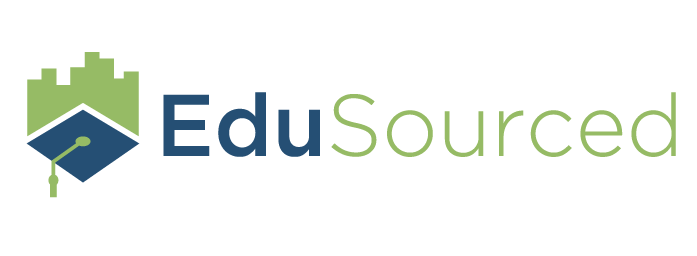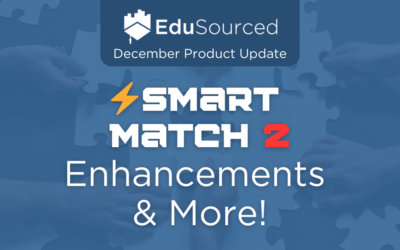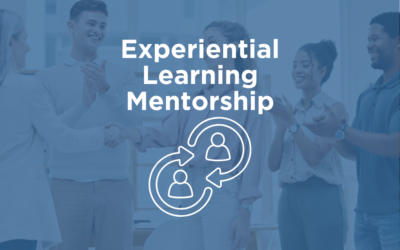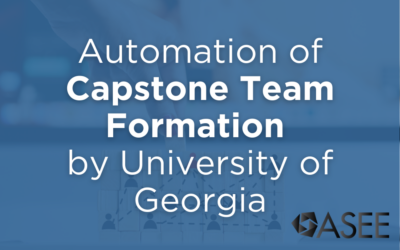
I founded EduSourced out of the need I had as an undergraduate to gain knowledge and skills that would help me win in my career. I was hungry to apply classroom lessons in a business environment.
As a student I had launched an online textbook rental service from my dorm. I learned so much from this experience of developing a small business, interacting with customers and managing resources because it was real. The customers were real and the decisions I made directly impacted the next day, month and quarter’s sales. This made me think: how great would it be if real-world learning was part of the college experience for all students?
Turns out at an increasing number of business schools, it is. Our first client, the University of Illinois’ Illinois Business Consulting (IBC), is a prime example of how a university can partner with companies to help students apply their new knowledge in a corporate environment. By bringing together companies seeking short-term help with students who are eager to test their new skills, IBC has created an interdisciplinary learning environment for students from across Illinois’ campus.
Andrew Allen, director of IBC, shares this belief that knowledge is best retained when it is applied. Through experiential learning projects, his students truly learn what it means to apply their classroom learning in a professional work environment. IBC’s experiential projects allow students to take theory and apply it to a problem while learning about the many constraints that companies face during implementation. This helps students learn how to adapt the theory and best apply it in given circumstances.
As a recent NY Times article stated: “Your degree is not a proxy for your ability to do any job. The world only cares about — and pays off on — what you can do with what you know.” Experiential learning teaches students how to apply their knowledge in real time.
Experiential learning projects also help students grow by stretching them intellectually. Real-world clients won’t stand for unconvincing arguments or flawed thinking because there are real stakes involved. And so the client pushes their student team to think critically and communicate clearly if they want to be successful. Because all the IBC projects are team-based, students also get to practice their team skills within a professional work environment; often resulting in increased self-confidence as they learn how to communicate effectively and work productively in a team environment.
Lastly, experiential projects provide University of Illinois students with the opportunity to explore new industries and business models, as well as different business functions and challenges. Their knowledge of the business world broadens through these projects and their self-awareness blossoms within a work context.
To learn more about how EduSourced can support your School’s learning environment, we invite you to contact us for a product demo. You can reach us here.
To learn more about the Illinois Business Consulting program and to hear Andrew Allen express his enthusiasm for being a part of the learning and growing process for their students, please enjoy this YouTube clip:



